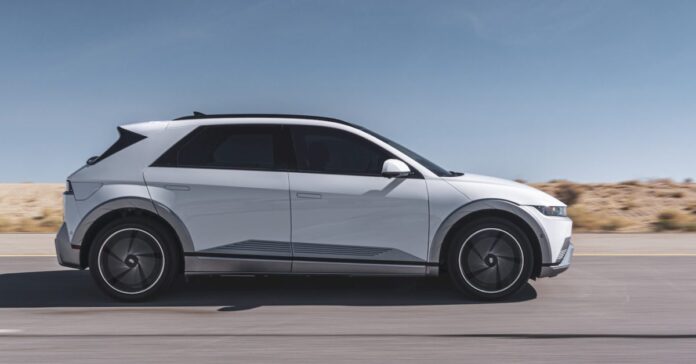To be the best, you must beat the best. Hyundai Motor is developing ultra-high-capacity LFP batteries to power upcoming low-cost Hyundai and Kia electric vehicles. Aiming for an energy density of around 300 Wh/kg, Hyundai’s LFP batteries would top China’s CATL and BYD.
Hyundai is already proving to be a leader in the shift to electric vehicles. Its IONIQ 5 and 6 are already some of the most efficient and affordable on the market, but the Korean automaker has bigger plans.
The company is developing new batteries and other EV tech to secure a leadership spot in the auto industry’s future.
Hyundai is working with domestic companies to develop ultra-high-capacity LFP batteries. A Hyundai Motor Group official confirmed last fall that the company was working with domestic battery makers like LG Energy Solution, Samsung SDI, and SK On.
Hyundai aims to maximize cell capacity, planning to develop LFP batteries with an energy density of around 300 Wh/kg by 2025.
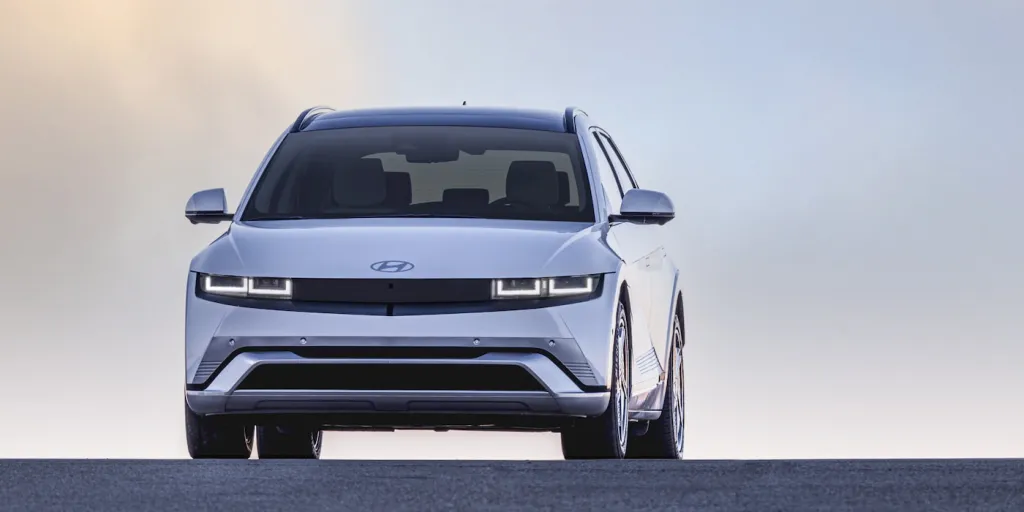
If accomplished, Hyundai would easily beat the energy density of current LFP battery leaders like BYD and CATL, with an energy density upwards of around 200 Wh/kg.
China dominates the global battery market, with CATL and BYD accounting for over 50% of the share through August 2024.
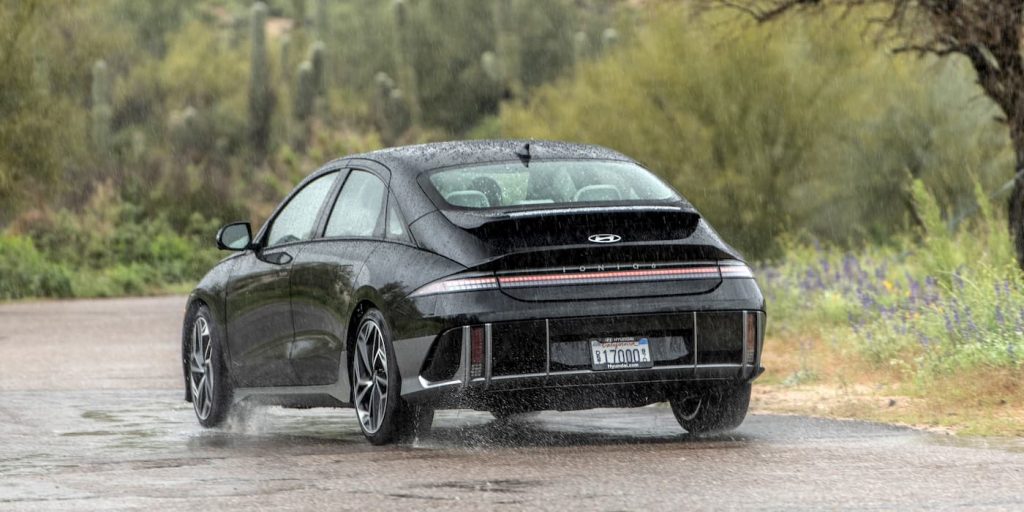
Hyundai is developing LFP batteries for low-cost EVs
Industry sources said Hyundai is developing batteries to reduce its reliance on China while enabling it to manufacture its own cost-effective EVs.
Hyundai’s Kona EV and the Kia Ray already use batteries from CATL. However, with new tariffs on EV imports from China in the US and EU, Hyundai is forging its own path.
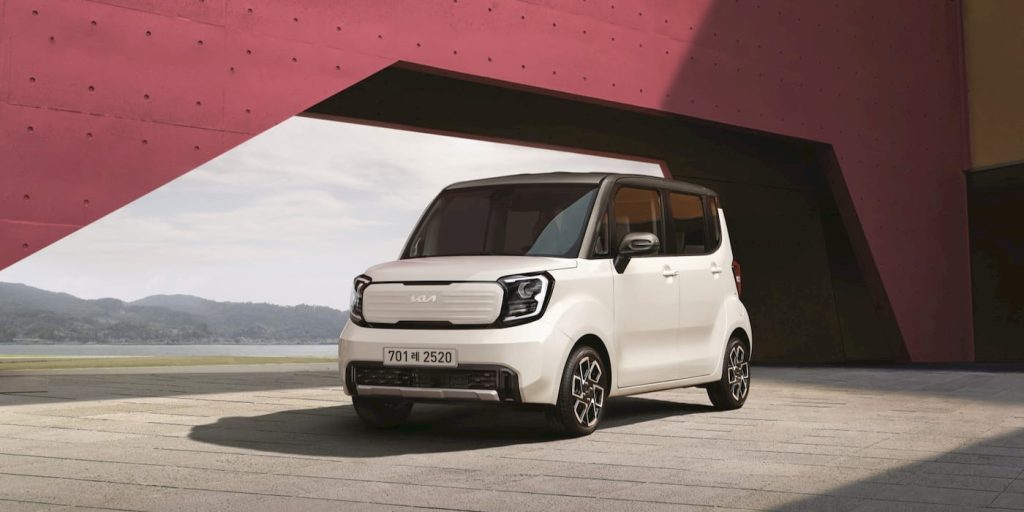
Last June, Hyundai Motor CEO Chang Jae-hoon revealed a $7.3 billion (9.5 trillion won) investment in EV battery technology and development over the next 10 years. Chang said Hyundai will work with battery makers and others to develop LFP, NCM, and all-solid-state batteries.
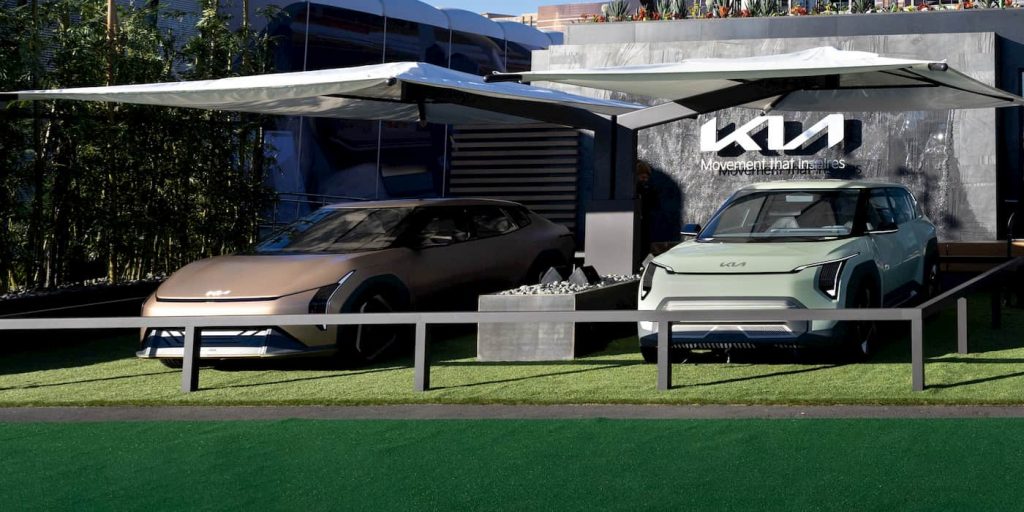
Hyundai and Kia announced a new project last month to develop LFP battery cathode material for lower-cost EVs.
The automakers are partnering with Hyundai Steel and ExoPro BM to develop a precursor to produce LFP battery cathode material. Hyundai claims the new production method can boost efficiency while cutting costs for future models.
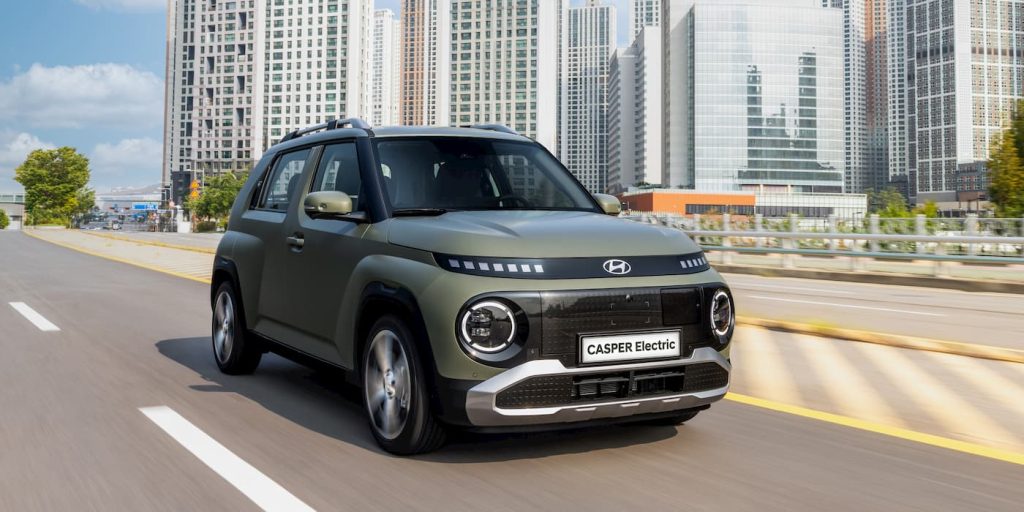
Hyundai and Kia are already launching lower-priced EVs. Hyundai’s Capsper Electric starts at under $23,000 (31.5 million won) in Korea. With incentives, Hyundai said it can be bought for under $15,000 (20 million won). Kia’s EV3 starts at around $30,000. However, Hyundai’s next-gen EVs are expected to be even cheaper and more efficient.
Source: TheKoreanCarBlog, TheKoreaHerald
